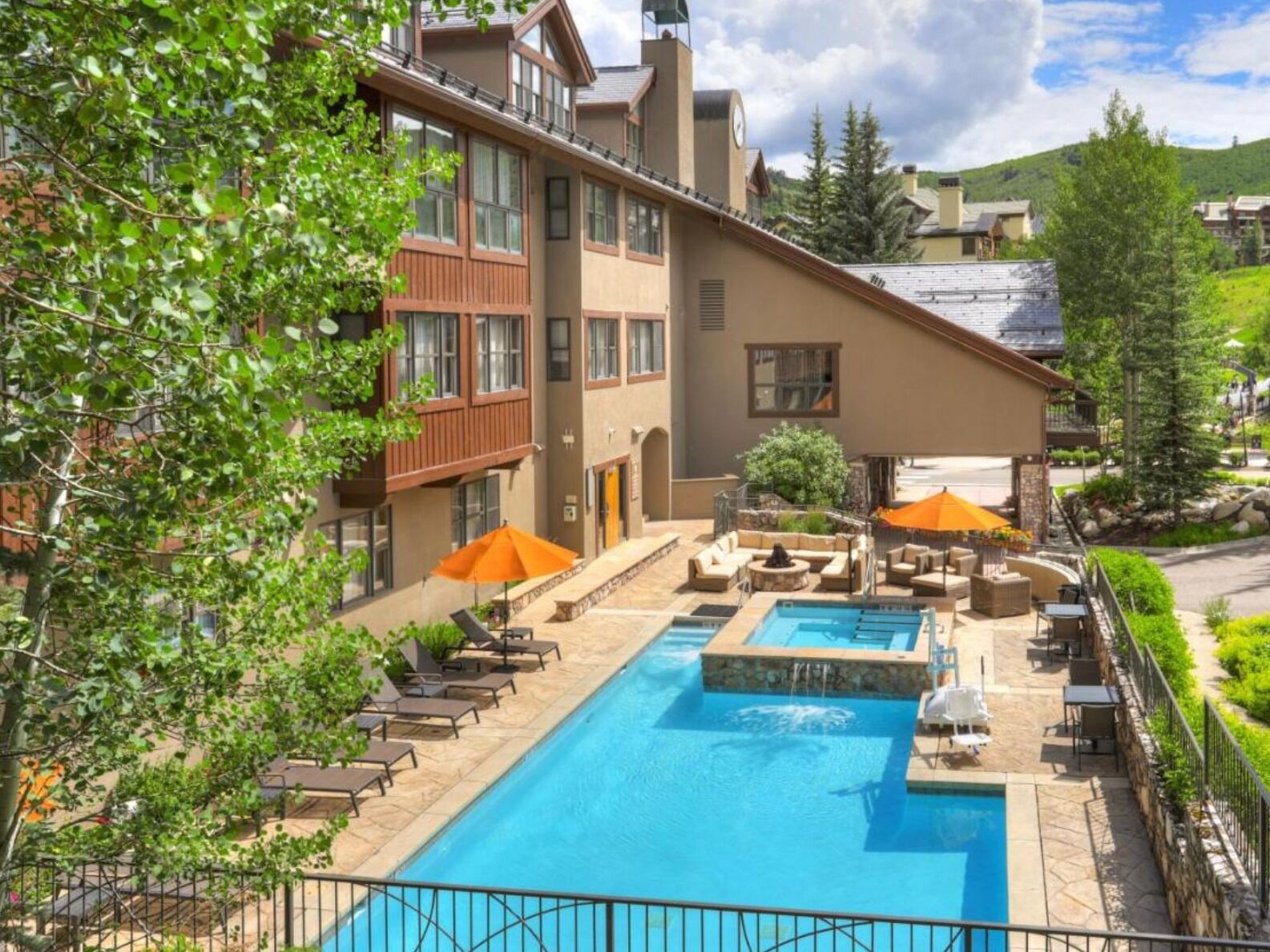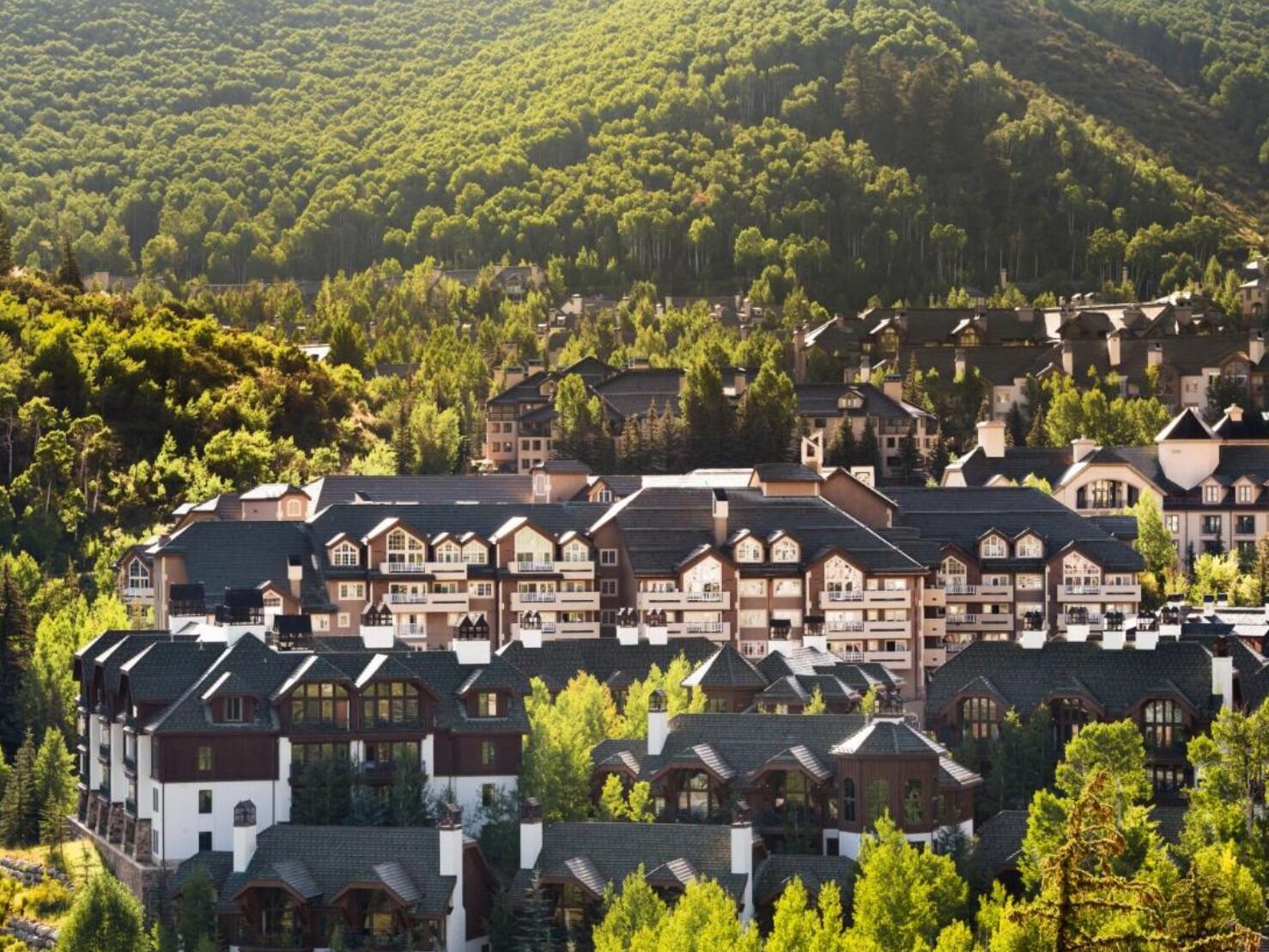
Gabrielle & Kevin
Gabrielle & Kevin
Travel
Flights and Transportation
If traveling from afar, we recommend flying into Denver International Airport (DIA) and renting a car. DIA is two hours from the wedding location. There is also shuttles to Vail/Beaver creek from the airport but once in the valley, Ubers and taxis are limited so we recommend renting a car to explore the town and staying in Beaver Creek Village the night of the wedding. You can also fly into Eagle Airport which is 30 minutes from the wedding location.
Hotels
Vail Resorts has offered us room blocks at The Osprey, The Pines Lodge, and St James Beaver Creek. To explore the hotels please click link below. To reserve rooms, call (855) 947-0439 and use group code SBCTHA25 or the group name Hoffe/Thomason Wedding. I recommend calling over reserving online as some rooms appear to be unavailable online when dates are changed but are actually available. We recommend the Osprey as it is most convenient location. If you opt to rent and AirBnB , VRBO, or any other hotel I recommend staying walking distance from Beaver Creek village as Ubers and Taxi's are scarce.
The Osprey
We advise calling hotel to book as online can. be difficult. To. make reservations please call 855-332-1601. You can also tell them it is the Thomason/Hoffe wedding
The Pines Lodge
We advise calling hotel to book as online can. be difficult. To. make reservations please call 855-332-1601. You can also tell them it is the Thomason/Hoffe wedding
St. James Place
We advise calling hotel to book as online can. be difficult. To. make reservations please call 855-332-1601. You can also tell them it is the Thomason/Hoffe wedding
High Altitude Advice
Visitors from lower elevation need time for their bodies to acclimatize. Symptoms of altitude sickness may include fatigue, decreased appetite, shortness of breath, nausea, headache, and sleep disturbances. Rest is key; and
extra fluids should be taken during the first two days at altitude. Alcohol is best avoided. Smaller meals are advised as well. To avoid dehydration, an. adult should drink a minimum of eight glasses of water per day. If high altitude
symptoms or any other medical issues are of concern, please contact a doctor immediately.
Dehydration:
Hydration is the key at high altitudes and dry climates especially if you are participating in physical activities. It sounds simple yet is often overlooked.
The dry mountain air increases your respiratory rate due to the lower oxygen content, which can be made greater with alcohol consumption. Alcohol and caffeine intake should be used with caution. Keep a bottle of water with you.
An adult should drink a minimum of eight glasses of water per day.
Sunburn:
Be sure not to underestimate the sun at a higher elevation. Spend less time in the sun than you would normally at home. Always wear sunscreen and don’t forget your sunglasses ! You are more than a mile closer to the sun than you are at sea level and there is less atmosphere to block out the sun’s rays. Sunburns occur much faster at higher altitudes. Protect
yourself by wearing a hat, sunglasses, and sunscreen (SPF 15-30). Carry nourishing lotion or Aloe Vera gel for dry skin and overexposure.


